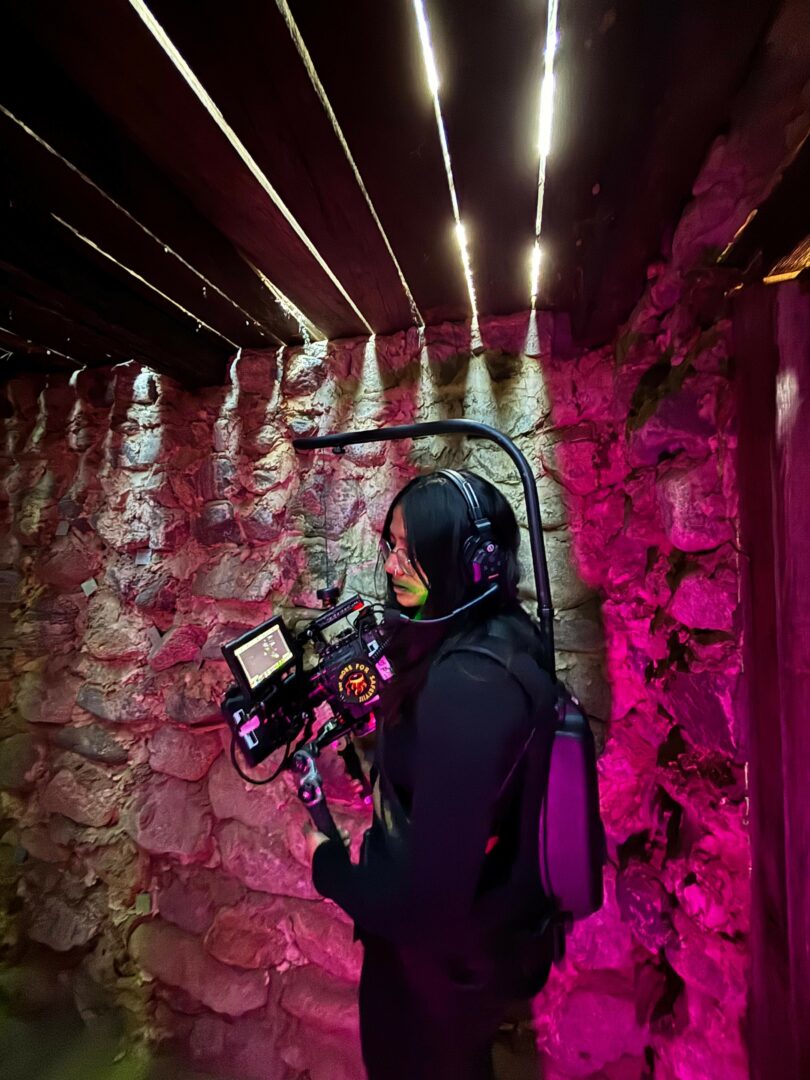We recently connected with Netraa Dave and have shared our conversation below.
Netraa, thanks so much for taking the time to share your insights and lessons with us today. We’re particularly interested in hearing about how you became such a resilient person. Where do you get your resilience from?
I think my resilience, as a cinematographer, comes from being on set and realizing that things rarely goes as planned. You can prep for days, but once you are there, something always changes like the light, the schedule, the setup. I have learnt to stay calm and find solutions instead of getting stuck on what went wrong.
What helps me push through is remembering why we do it. I love being able to translate a feeling or a story into visuals, and that keeps me grounded even when days get tough. There are moments when it’s exhausting, but then you see a shot come together just right, and it reminds you why all the efforts matter.
I also think resilience comes from the people around me. Working with a crew that’s passionate and patient makes a huge difference. You learn from each other, support each other, and that shared energy keeps you going.
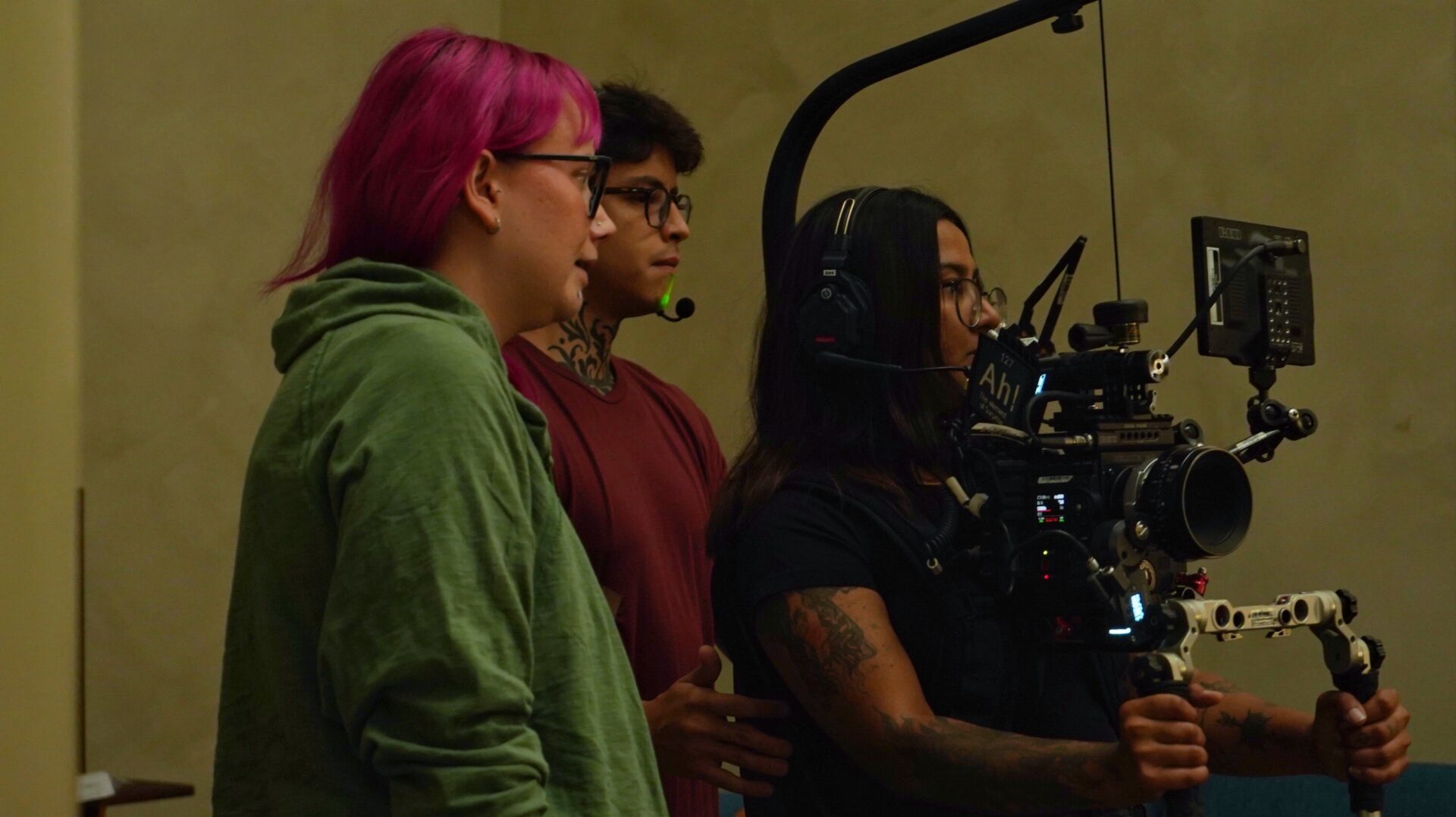
Great, so let’s take a few minutes and cover your story. What should folks know about you and what you do?
I’m a cinematographer and filmmaker focused on capturing emotion through light, texture, and atmosphere. My work often explores themes of isolation, vulnerability, and quiet connection, I’m drawn to stories that sit somewhere between realism and introspection. I started out studying filmmaking but eventually found myself most at home behind the camera, where I could shape how a story feels visually rather than just how it’s told.
What excites me most about cinematography is how much can be said without words. A single beam of light, a subtle shadow, or a small camera movement can completely shift how we experience a scene. That power, to communicate emotion through images, is what keeps me inspired.
I’ve worked across different roles on set, from gaffer and key grip to camera assistant, and that hands-on experience has shaped the way I approach my work. I care deeply about collaboration and understanding every layer of the visual process. For me, good cinematography isn’t about making something look beautiful; it’s about making it feel honest.
Right now, I’m focused on building my body of work as a cinematographer and continuing to collaborate with other filmmakers, musicians, and artists who value visual storytelling. I’m also working on a few short projects that experiment with silence and sound, trying to find new ways to express emotion visually.
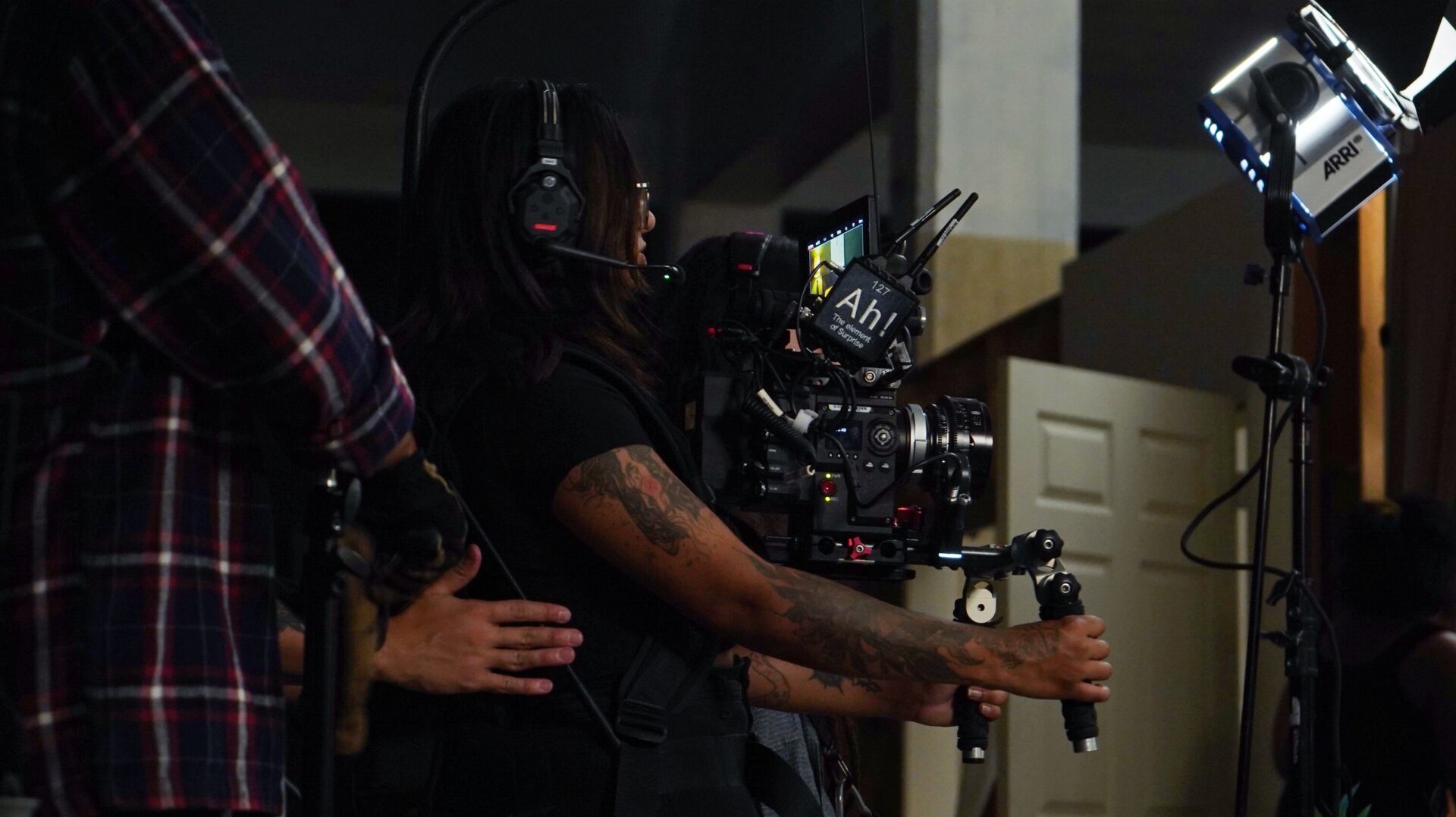
If you had to pick three qualities that are most important to develop, which three would you say matter most?
Looking back, I think the three things that made the biggest difference for me were patience, adaptability and observation. Patience taught me that good work takes time, both in learning and in creating. Early on, I used to rush through shoots, worried about getting the “perfect” shot. Over time, I realized cinematography is as much about waiting and watching as it is about doing. My advice to anyone starting out would be: don’t measure progress by how quickly things happen. Keep showing up, stay curious, and give yourself space to grow.
Adaptability came from being on sets where nothing went according to plan. Weather changes, gear breaks, time runs out, but how you react to those moments defines you. Learning to stay calm and find creative solutions instead of panicking made me a better collaborator and problem-solver. I’d tell new filmmakers to embrace unpredictability, it’s part of the process, not a failure of it.
Observation is probably the most important one. The way light falls, how people move, or how emotion shows up in small details, noticing those things changes the way you frame the world. I think the best cinematographers never stop observing. So even when you’re not shooting, keep watching life closely; that’s where your visual instinct really develops.
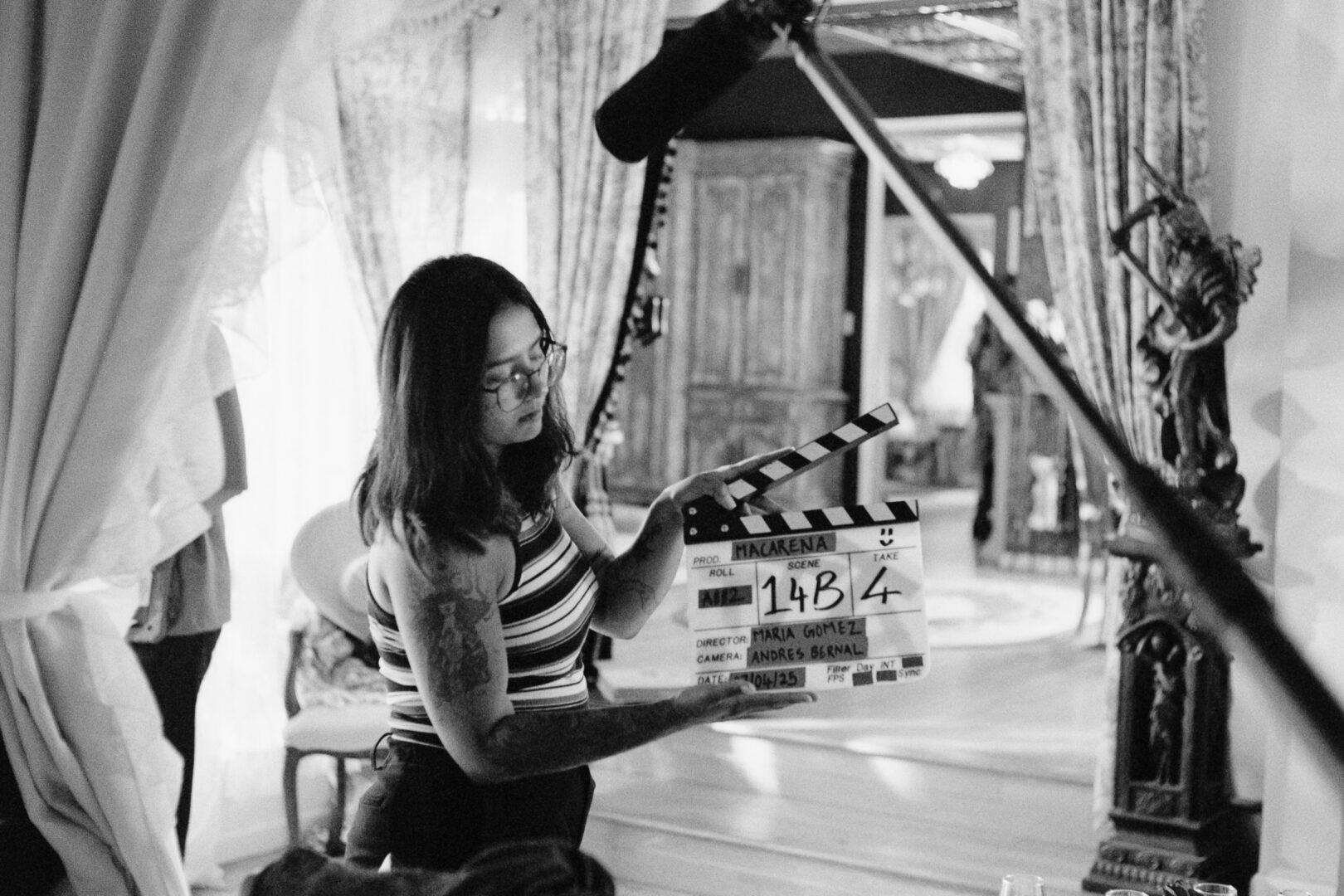
If you knew you only had a decade of life left, how would you spend that decade?
If I only had a decade left, I’d spend it creating , not just films, but experiences that feel honest and alive. I’d want to work on stories that mean something to me, the kind that remind people of how fragile and beautiful life can be. I think I’d focus on smaller, more personal films, ones rooted in real moments, silence, and emotion.
But I’d also want to spend more time away from sets , maybe on a farm, surrounded by nature. There’s something grounding about growing things, watching life take its time. I think I’d find peace in that rhythm, waking up with the sun, feeling the seasons shift, learning to live slower and more intentionally. That connection to the earth would probably inspire my work too, in ways I can’t fully plan.
I’d still travel, not to collect places, but to notice light, how it changes across landscapes and faces. And I’d keep surrounding myself with people who care deeply about what they do, who remind me to keep looking, feeling, and creating.
Mostly, I’d want that decade to be about presence, being fully in every moment, whether it’s behind the camera or with my hands in the soil. Because in the end, the images I’d want to leave behind aren’t just on film, but in the life I lived and the things I helped grow.
Contact Info:
- Instagram: https://www.instagram.com/kozmo_27/
- Linkedin: https://www.linkedin.com/in/netraa-dave-0a5606145/
- Other: IMDb: https://pro.imdb.com/name/nm16435242?ref_=hm_nv_usr_profile
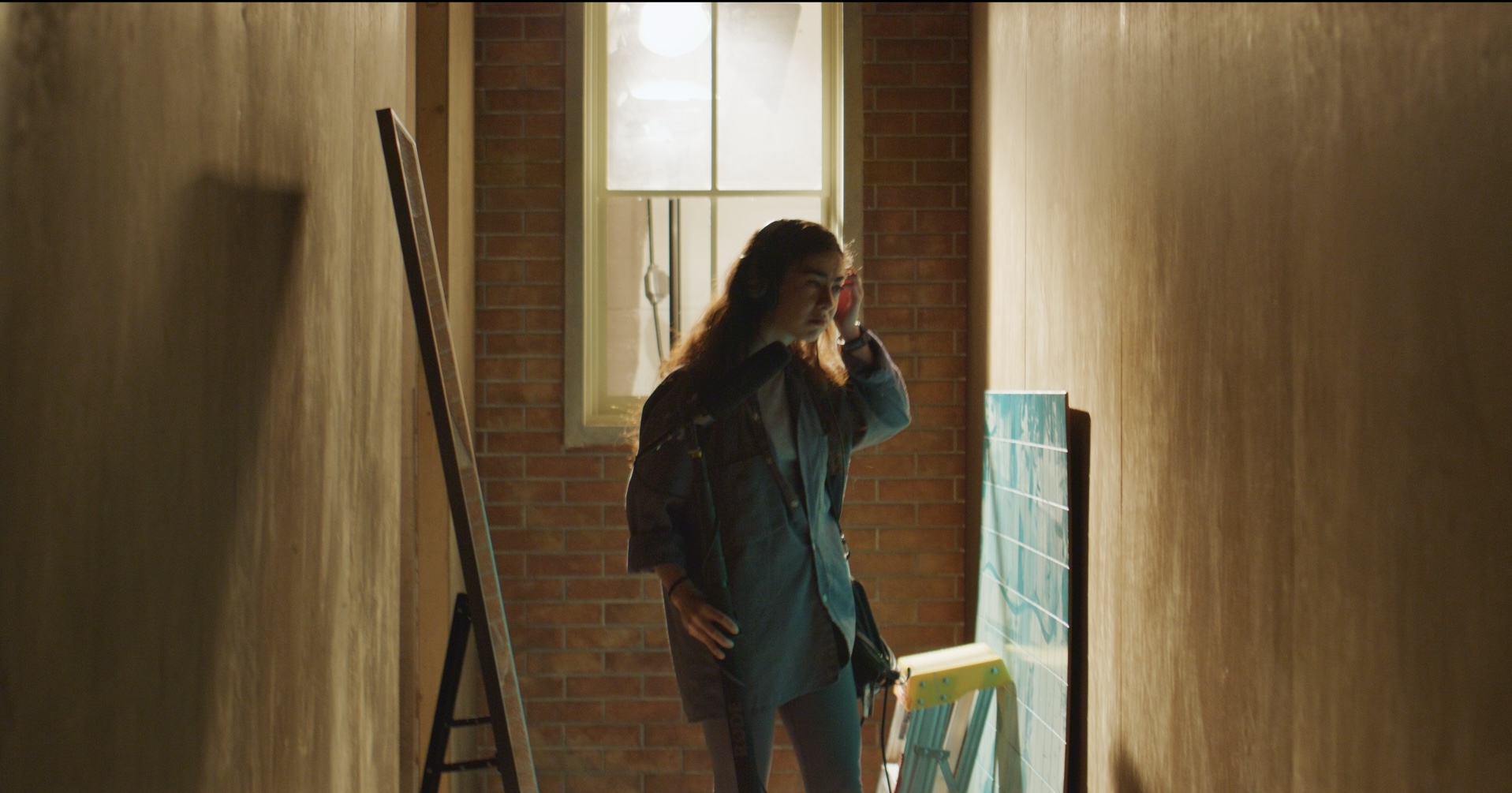
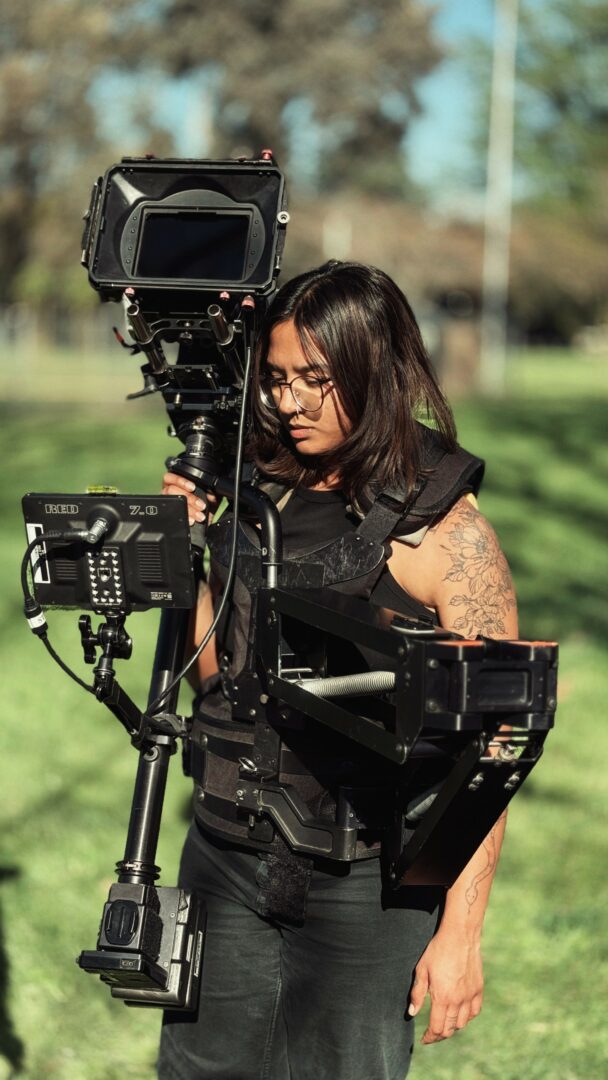
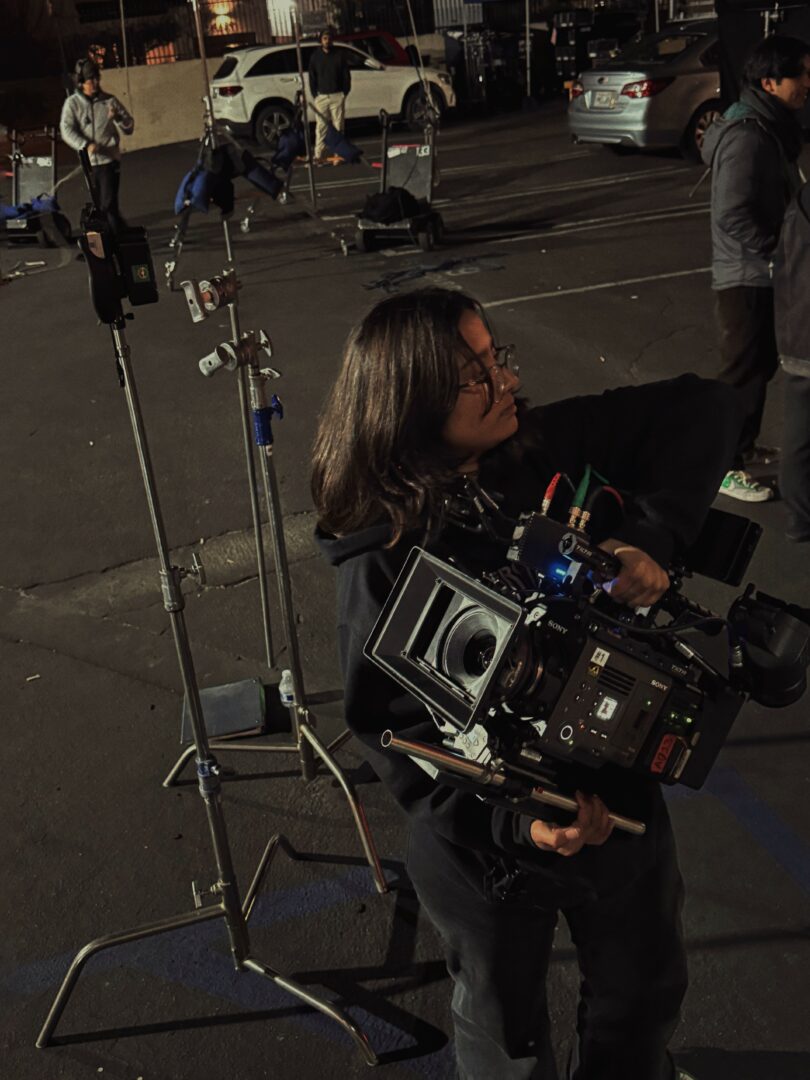
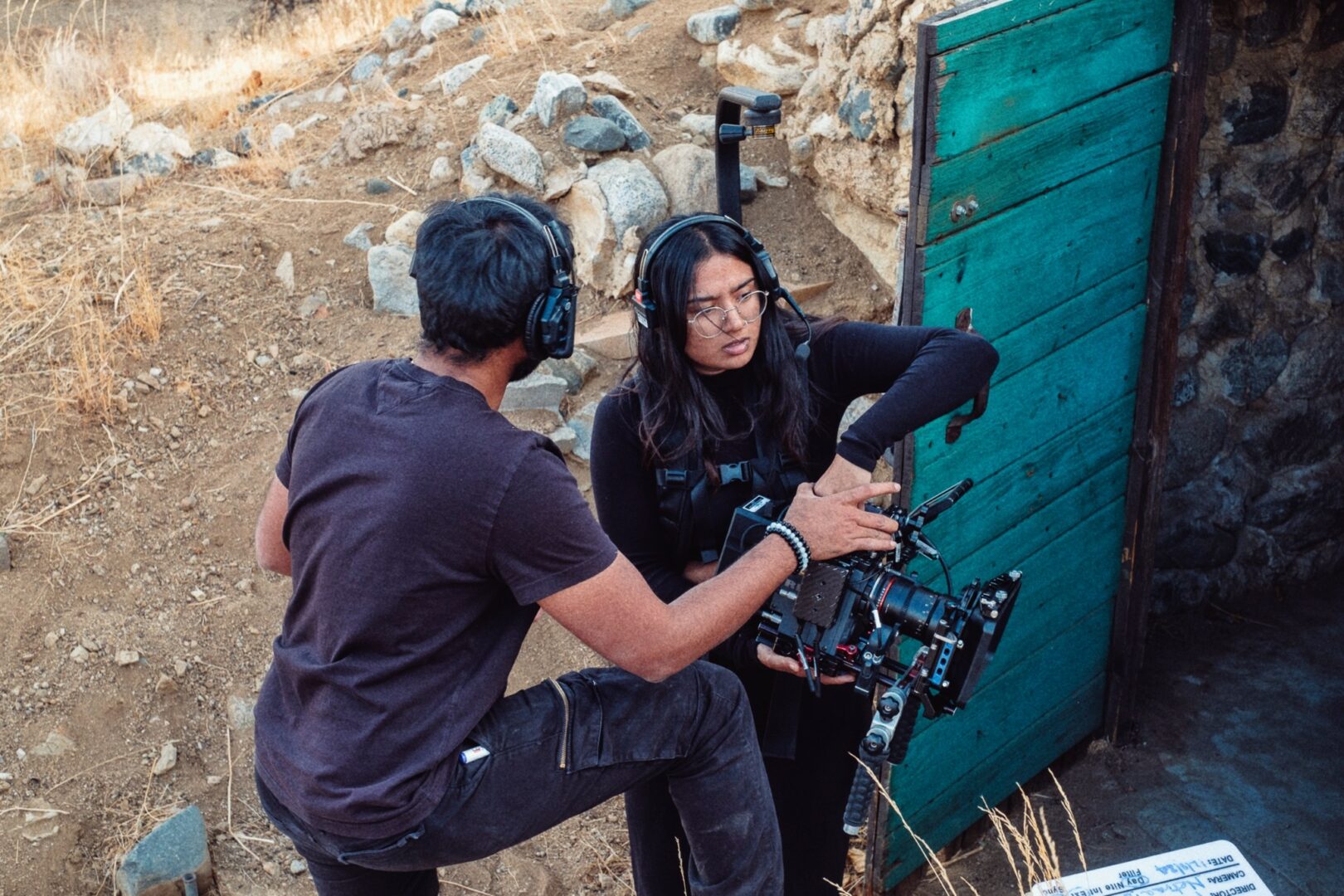
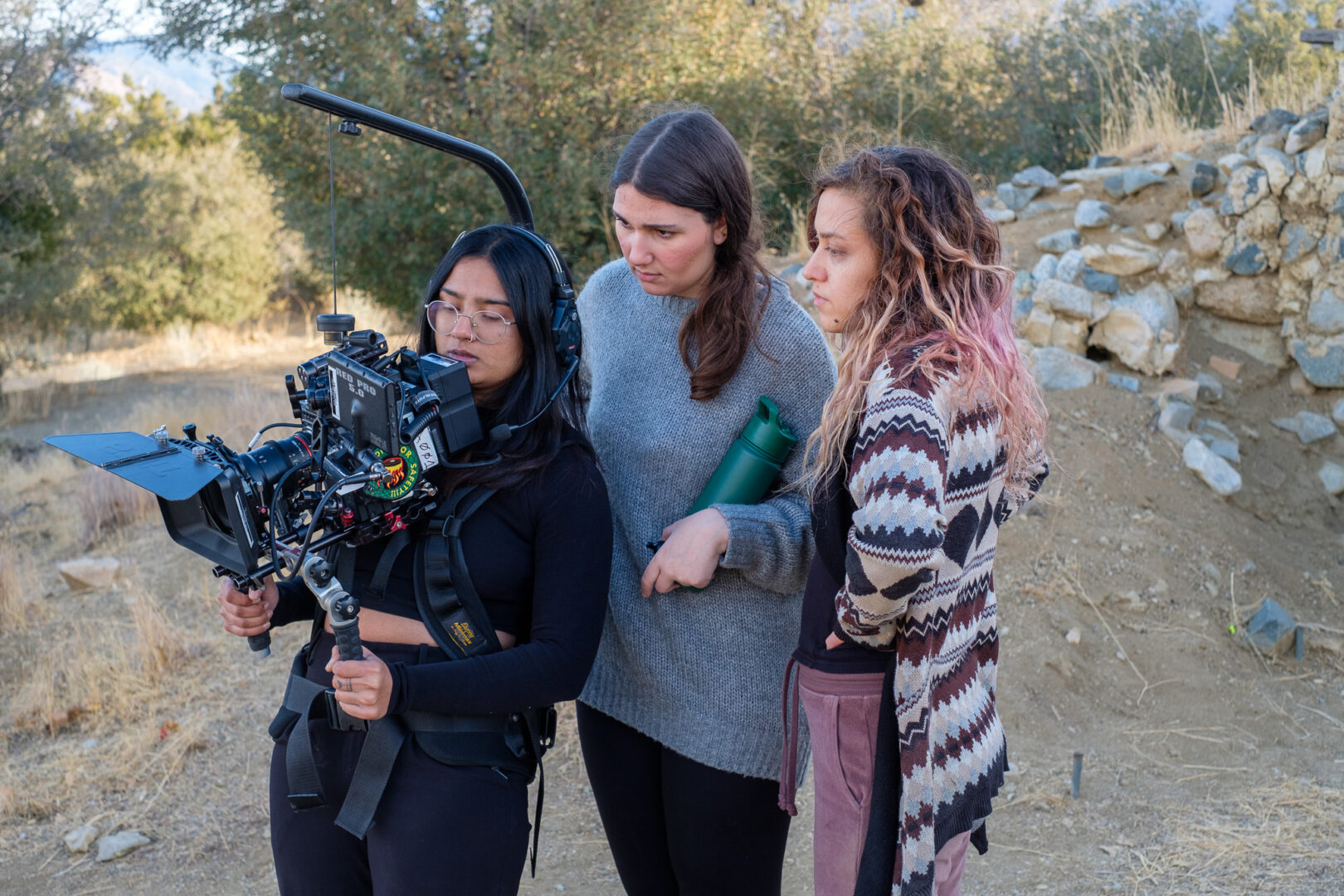
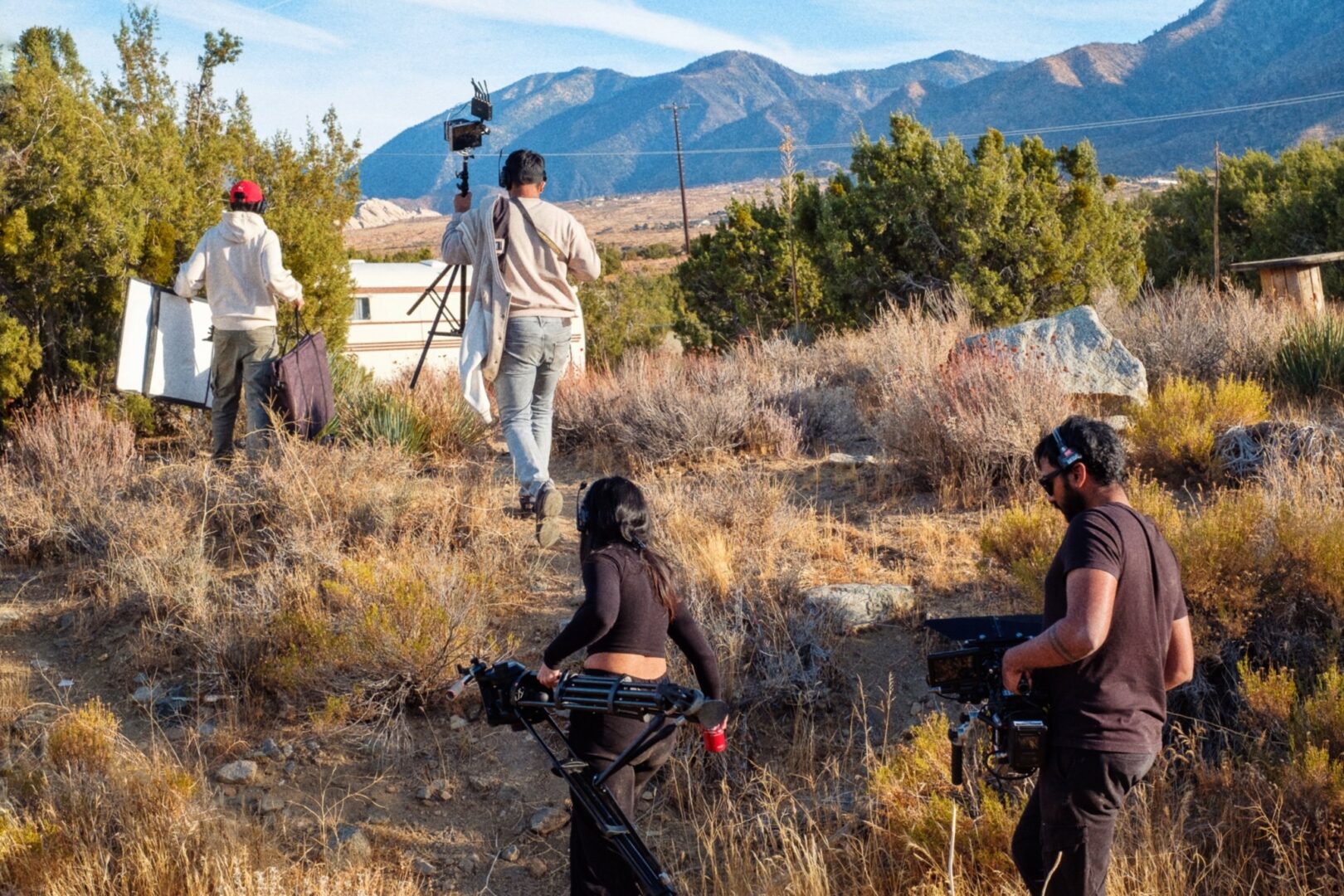
Image Credits
Netraa Dave
so if you or someone you know deserves recognition please let us know here.

